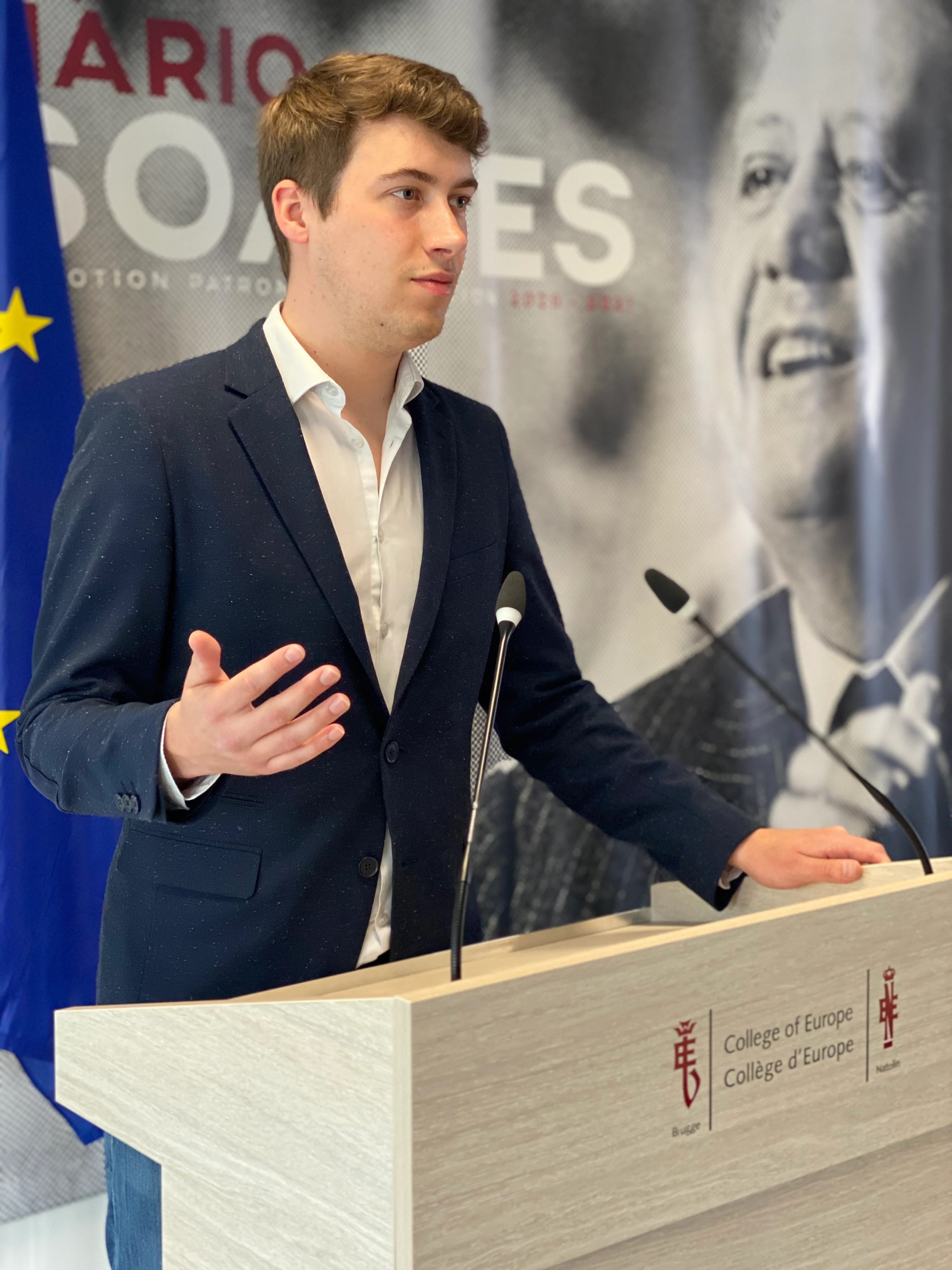Blog
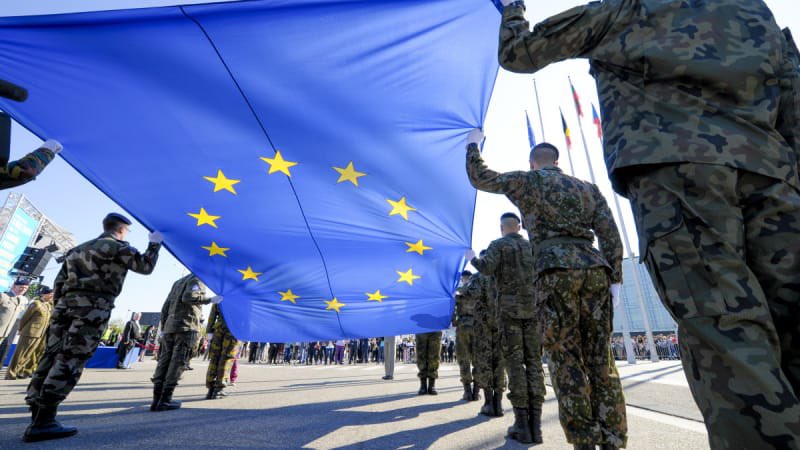
It's time for Europe to join the war
It has been three years since Russia started it’s imperialist war of aggression against Ukraine. Now Europe has a choice: join the war and defeat Russia now while it is weak, or wait until an unjust peace, and face a stronger Russia, hell-bent on attacking us.

Welcome to the age of Tik-tok Democracy
Political dishonesty, disillusionment with politics, polarisation, and shrinking attention spans are pushing voters to judge politicians on vibes, not policies, leaving us open to manipulation by hostile foreign powers. Welcome to the age of Tik-tok Democracy.

Fixing France's Transit: the plan
In the past five articles, we’ve talked extensively about the flaws of French Regional Transit. It is also clear that these flaws will persist unless radical changes are made. So what is the plan?

Europe is already at war with Russia — it's time to start acting like it
Since the outbreak of Russia’s brutal war of aggression against Ukraine, Europe has walked an imaginary tightrope between supporting Ukraine, and preventing escalation. But as the war enters its second year, it is clear that this policy has backfired: our failure to supply the weapons needed to neutralise Russia has harmed Ukraine, emboldened Putin, and made a Russian attack on Europe even more likely. If we are to defeat Russia, it is time we admit that we are at war, and act like it.
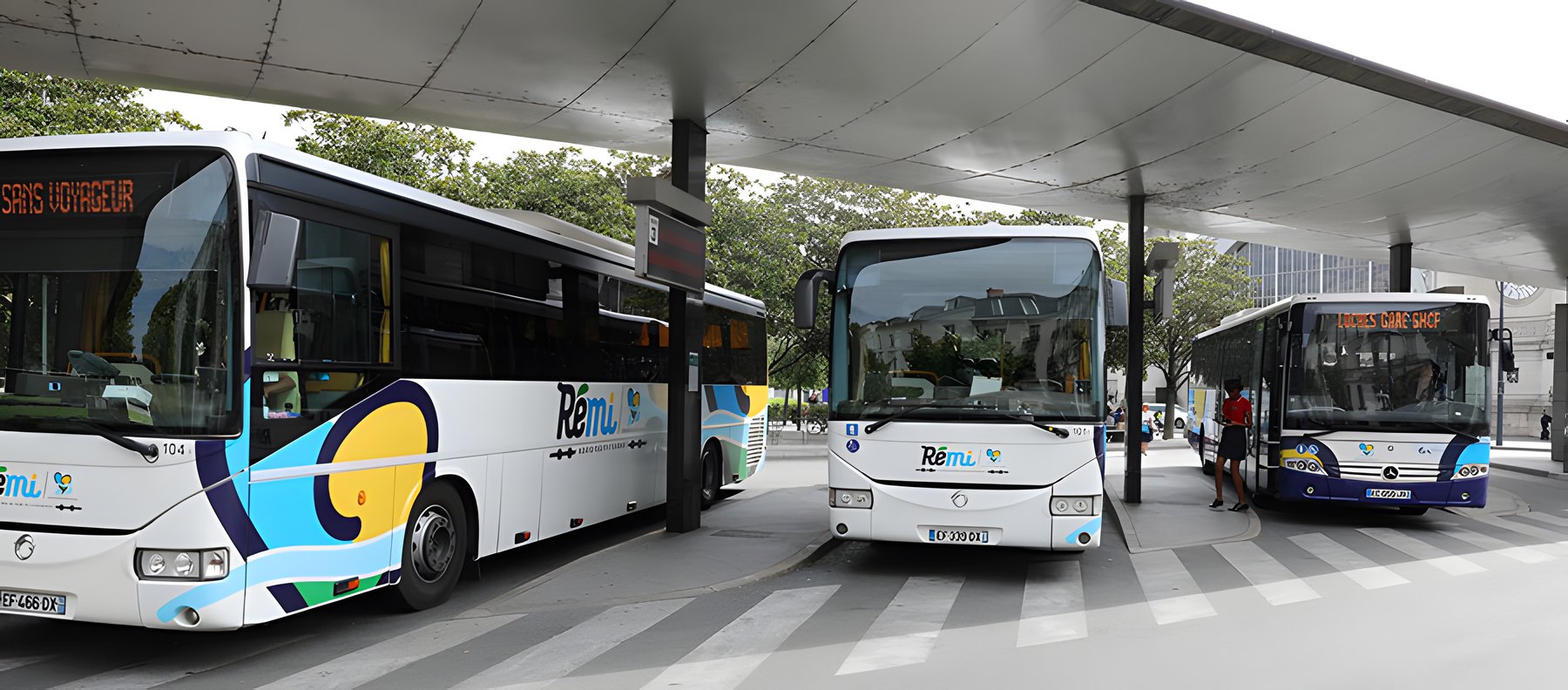
Transit in France: expensive, infrequent, inconvenient
There are 3 main criterea for citizens when choosing their means of transport: price, convenience and speed. For a transit network to be successful, it needs to compete on two of three of these criteria. but French Regional transit barely manages one.

Transit in France: a messy patchwork
Part of the reason France’s regional services struggle to attract passengers is a poor passenger experience: what are the issues and how do they affect passengers?
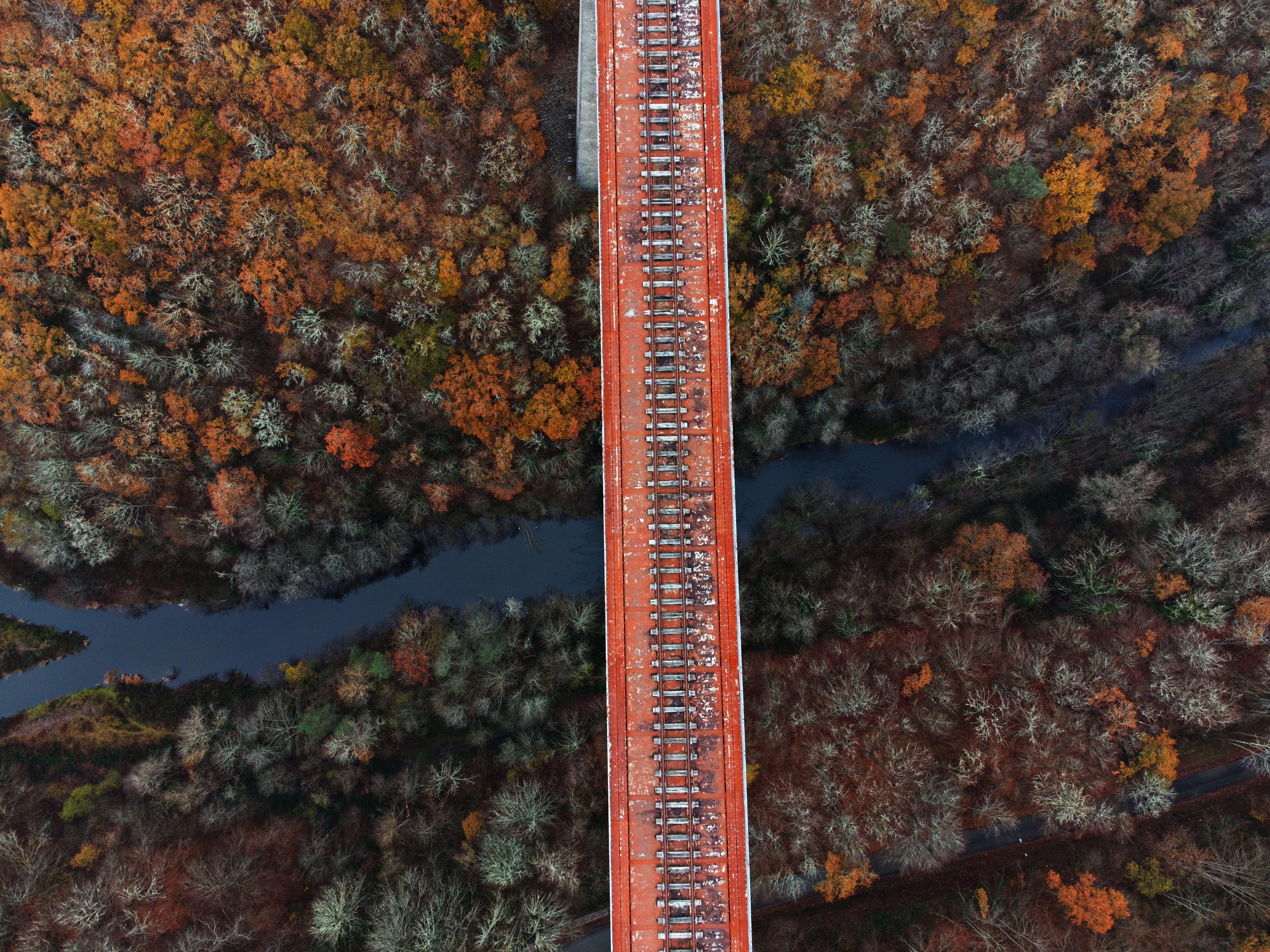
What's wrong with France's transit infrastructure?
The greatest weakness of the French rail sector is the lack of a planned, long term vision for its rail network. The first step towards improving regional rail in France is acknowledging that we want to improve the network, not just maintain it, deciding on priorities for projects, and allocating sufficient funds to maintain the network.
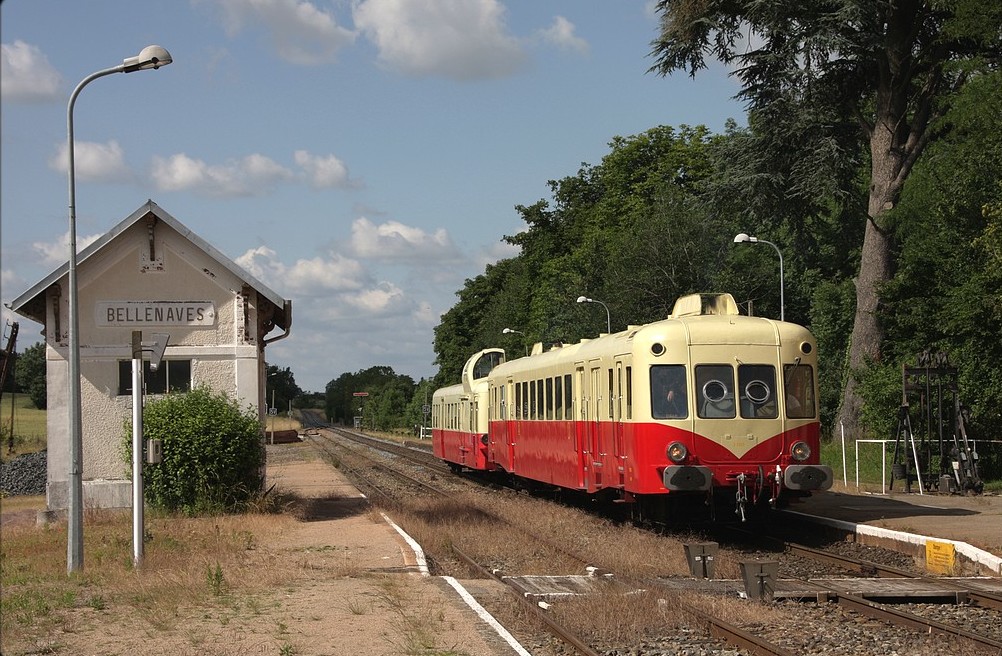
Get onboard: there has never been a better time to fix France's transit.
France’s regional transit suffers from poor ridership, terrible performance, and frequent delays and closures. Considerable investment and change is needed to fix it, but luckily there has never been a better time to do so.

Fixing France's regional transit: an Introduction.
French Regional transit have gone through something of a crisis in recent years: closures, slowdowns and low ridership, as well as criticism from the Cour des Comptes, France’s public spending watchdog.

It is time to procure renewables as we did vaccines: together.
The past year has seen the EU faced with two goliath crises: COVID-19 and the worsening climate emergency. The EU’s response to the former involved pooling purchasing power for vaccines, buying together, and developing streamlined, autonomous supply chains. Could we address the climate crisis the same way?
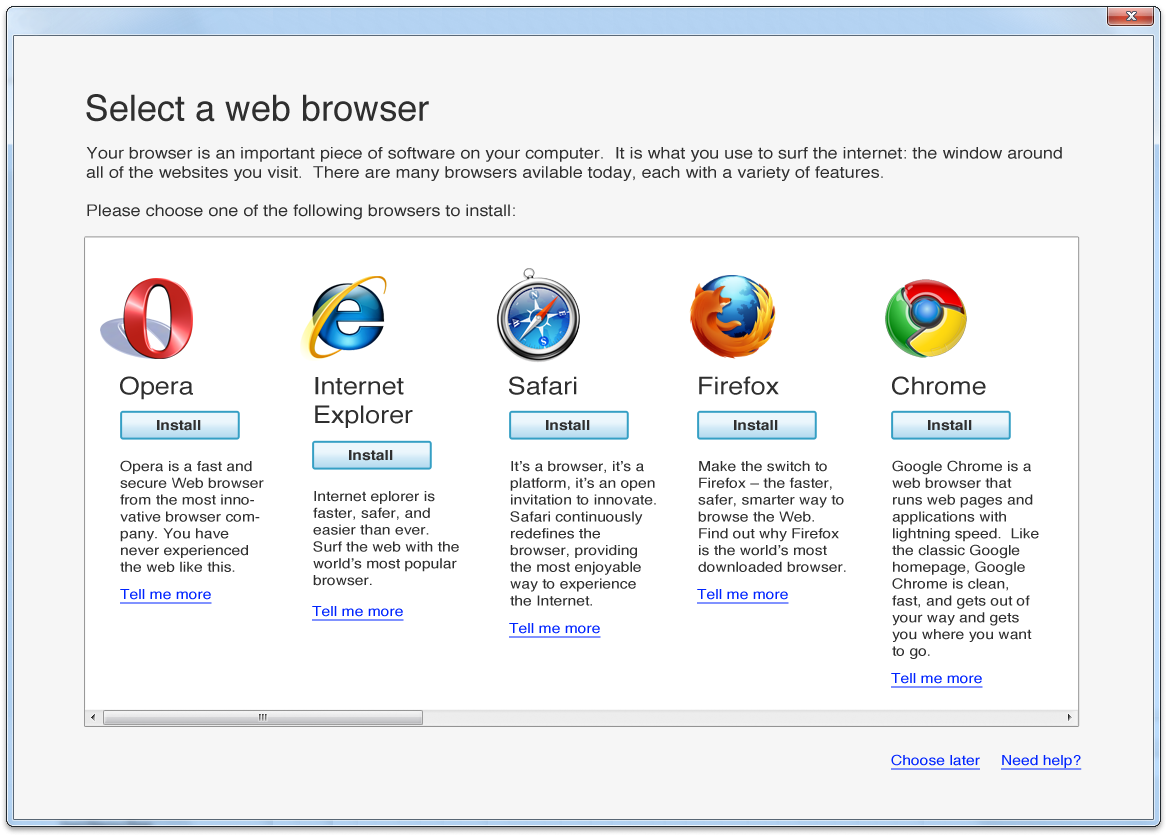
Now more than ever, we need to bring back Browserchoice.eu
In March 2010, following a complaint from the European Commission, Microsoft launched browserchoice.eu. This application and website was a response to accusations that Microsoft had abused its dominant market position by bundling its Internet Explorer browser with its Windows operating system.
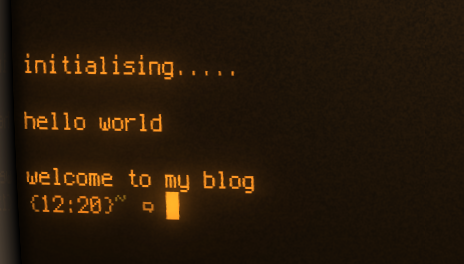
Hello World!
